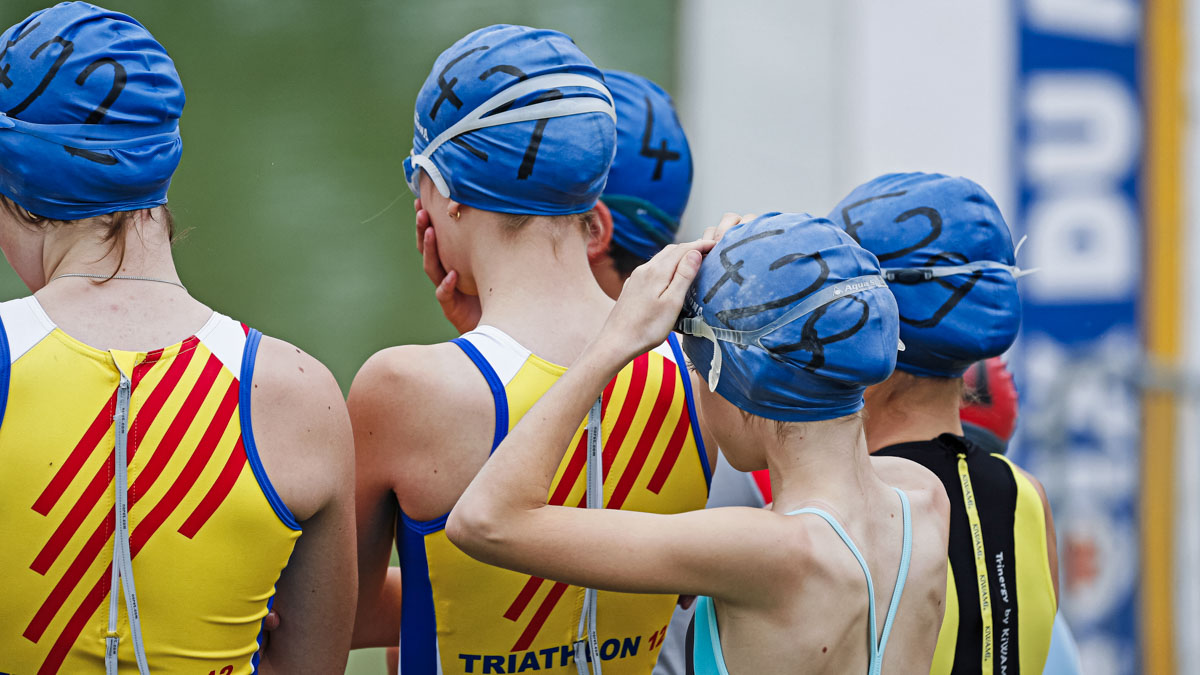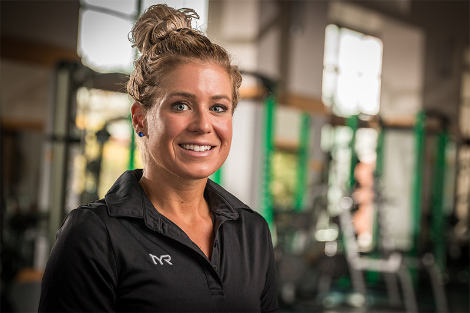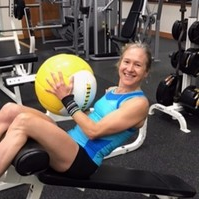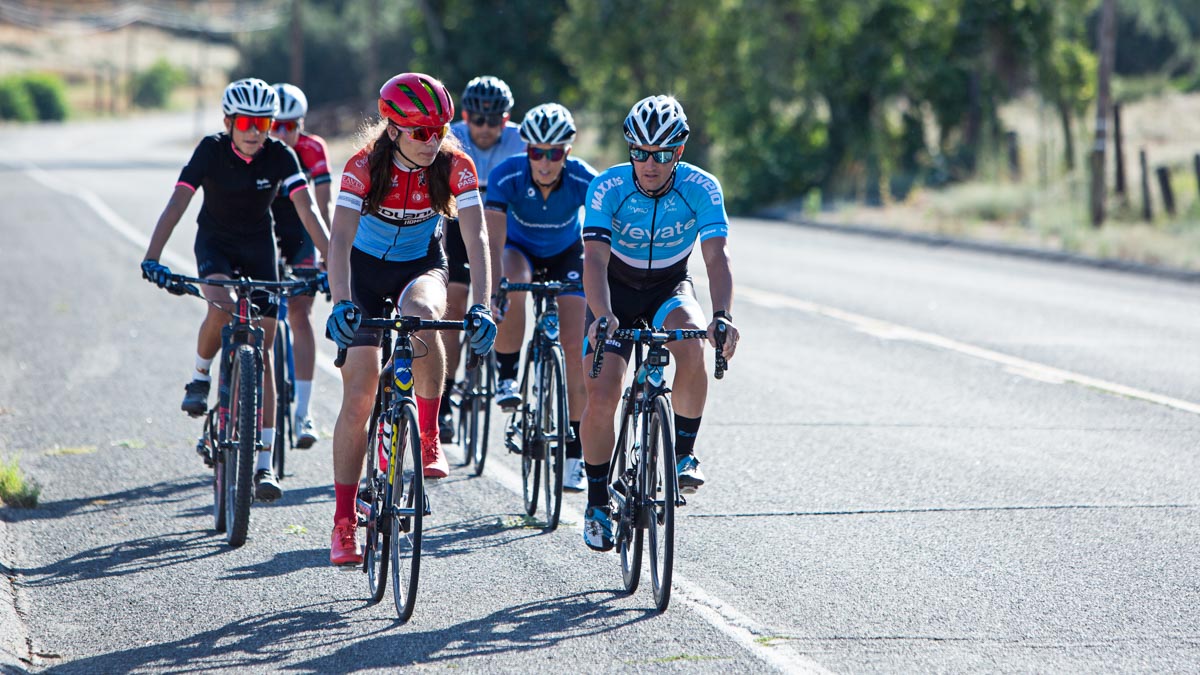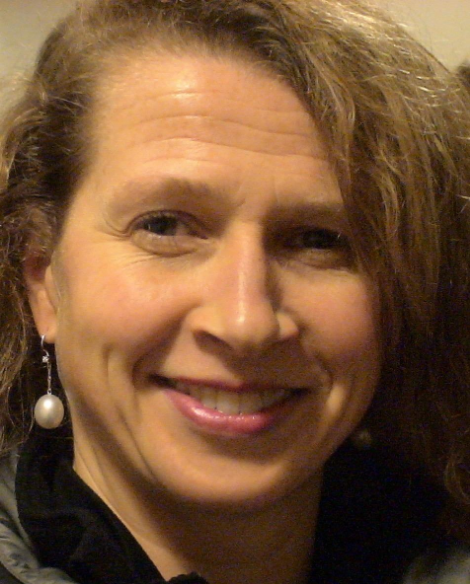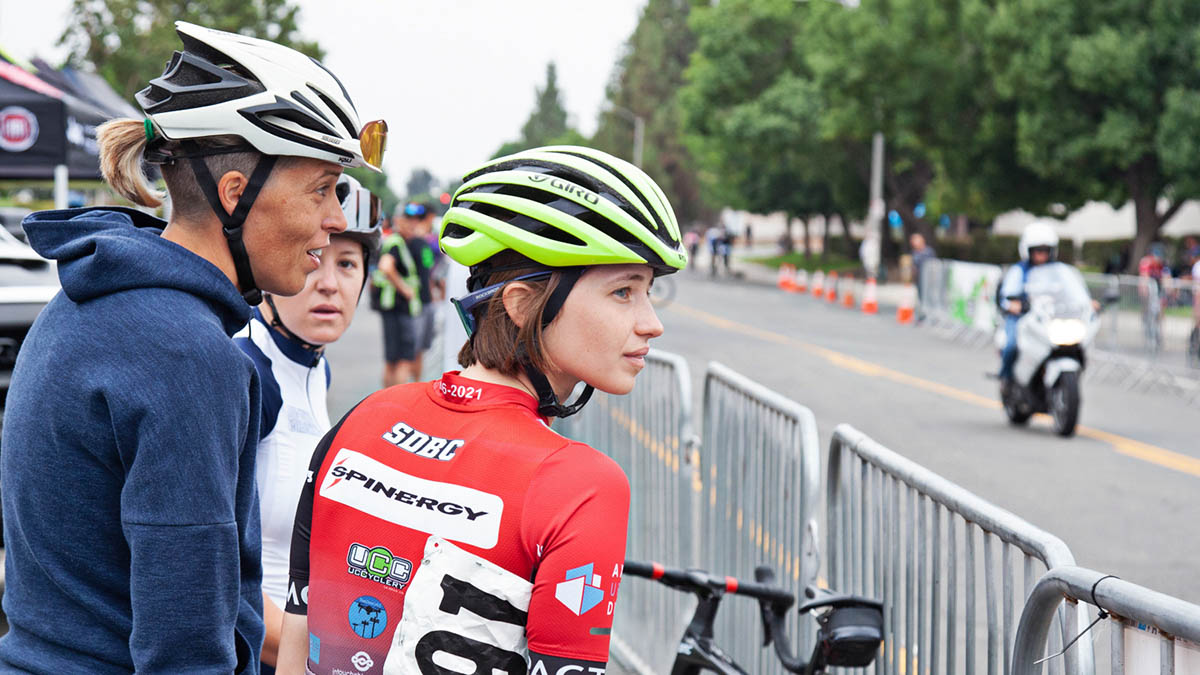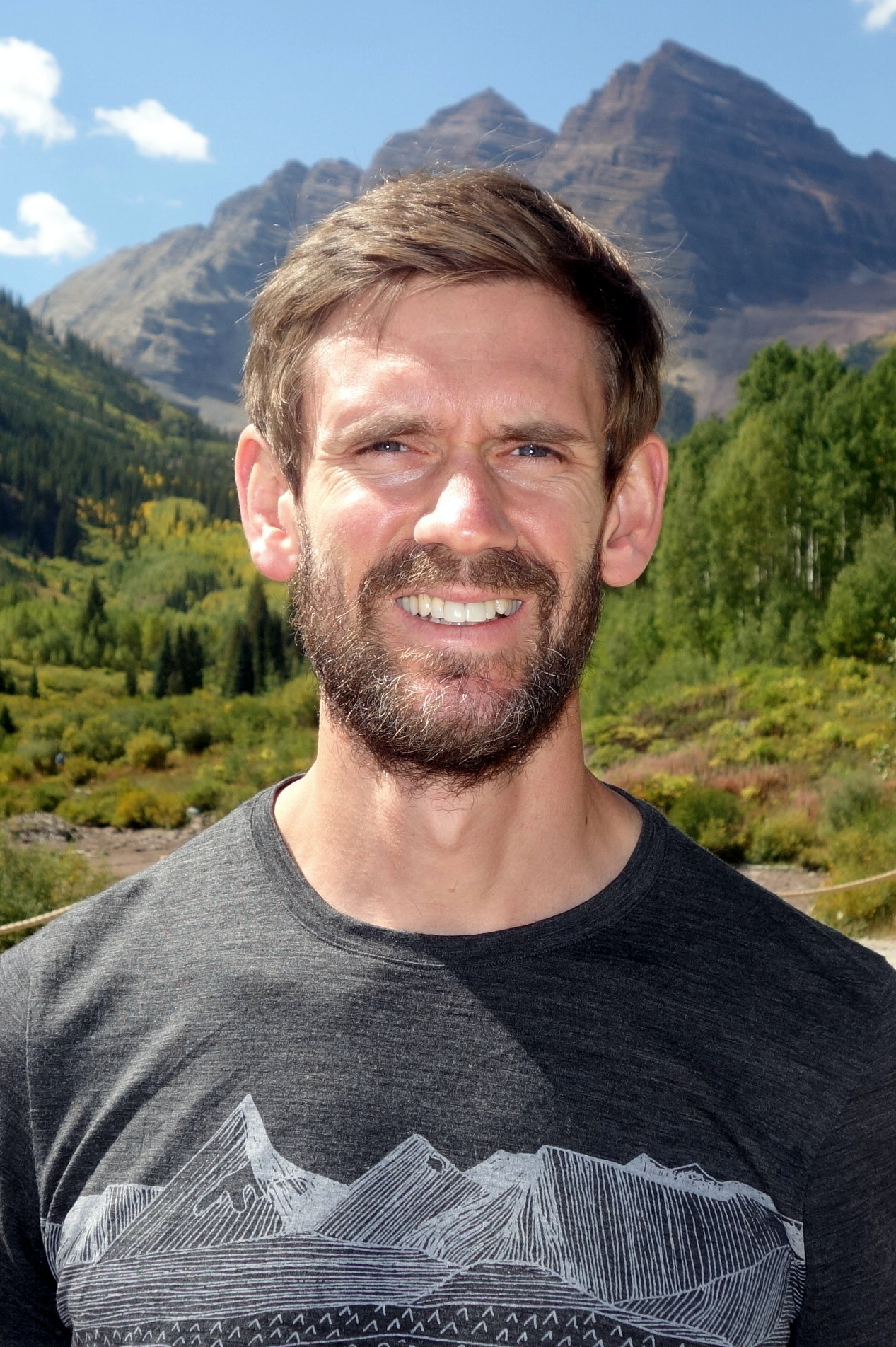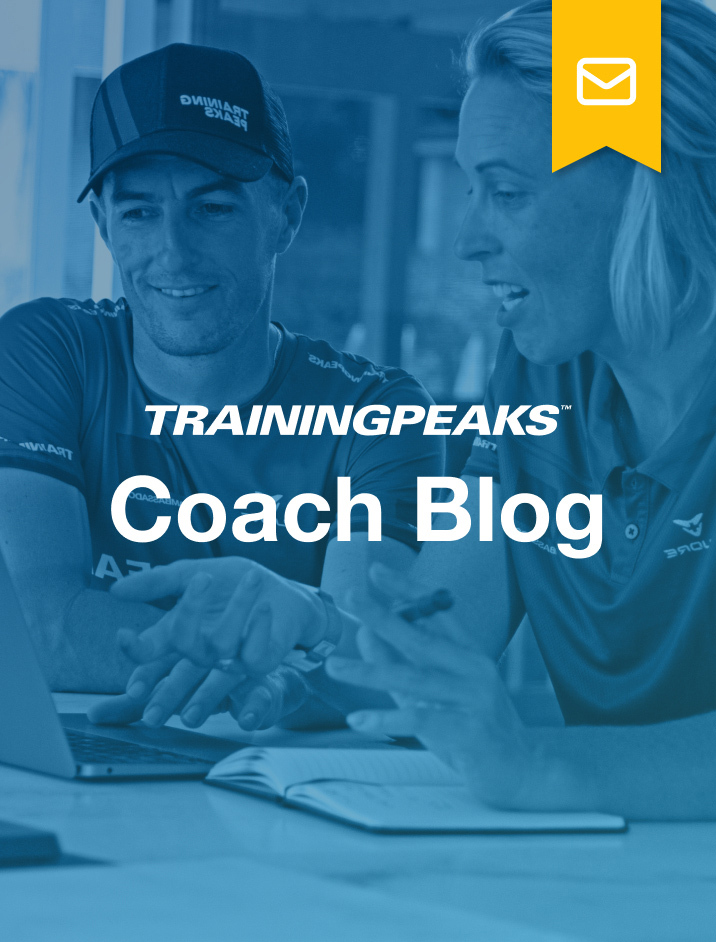Sports can play a very large role throughout a child’s developmental years and, in many cases, will throughout the rest of their life. Many parents envision sports as providing valuable structure, discipline and a positive physical outlet for their child.
Even if success in sports may not be the child’s initial goal (generally, we start for the sake of having fun and making friends, right?), in many cases, they are cornered into striving for success. Therefore, it is the job of the coach to serve as a mentor and control the stress imposed on the young athlete. Defusing the many avenues of conflict and pressure generated by the coach-parent-athlete triad is essential to maintaining a positive, fun, and successful sports environment.
Focus on the “Fun Factor”
First and foremost, athletes should have fun while participating in sports. When first starting out, especially for kids 12 and under, the goal should not be winning. Rather, the primary goal should be learning the fundamentals of teamwork, interacting with peers their age, enjoying the movement and learning new skills.
Once athletes are 12+, they are ready to gradually transition their focus to competition. That being said, the athlete should like the sport and feel committed to venturing further. As adults, we are more psychologically developed than children, so generally speaking, our focus is primarily on winning and next-level factors such as collegiate scholarships. As we watch children compete in the same sports, it’s easy to assume that young athletes would care about the same things.
The problem arises when we impose adult-level motivation and expectations on kids who are not ready. The child has to start with a true love of sport as the initial foundation. You can’t skip the bottom layer of the pyramid and still expect to build a solid foundation. Helping parents understand this concept (and recentering yourself around it) is the first step to keeping everyone on solid ground with expectations and communication.
Set Expectations for Communication
At the beginning of the season, you need to set the tone and lay out expectations. These should apply to athletes, parents, assistant coaches and even for yourself. Instilling rules for proper conduct sets firm, structured boundaries. Junior Triathlon Coach Jenny Weber, founder of Z3 Triathlon Team, has interacted with athlete parents for many years.
She states, “Once Z3 had a clear set of engagement parameters with the parents, it was easier to manage overbearing situations. You will have parents who think their child deserves more than another child for whatever reason (they are faster, bigger, stronger, weaker, newer, etc). Sometimes those parents try to ‘buy’ your attention. Don’t play into this as a coach,” says Weber.
You also have to set consistent expectations for yourself—which include treating every parent the same. Your role as a coach can create parental conflict if you don’t clearly apply equality expectations to both the parents and athletes. As the leader, you must firmly follow these standards and practice what you preach.
Educate Parents on Current Practices
Parents are often keen on learning more about their child’s sport. The more independent research they do, the more likely conflicting advice will surface and potentially backfire on you as a coach. In most cases, these dedicated parents are just trying to help you and their young athletes improve. However, a lot of this information is neither applicable nor helpful to their child, the team, or you as a coach.
As a coach, strive to put yourself out there as an educational resource for the parents. You can help eliminate future controversy by educating them about what their kids are doing during practices, what their training goals are, what games they prefer, etc. You should provide resources such as newsletters which include the training plan and race schedule. This will help get everyone on the same page. It also will set expectations with you as the expert and shows you welcome parents to be a part of the process, which helps to prevent overbearing parent push-back.
Diversify Activities
Parents are often too impatient and focused on pushing their kids to achieve success. Kids have to find their path and go through the struggles. When kids are pushed too hard, they often burn out. Also, when children specialize too early, they’re restricted developmentally in both their movements and social interactions. When the child moves their body in the same way every day because they’re in a single sport, they do not gain as many developmental skills as they would with more diverse and multi-sport participation.
Research has actually proven that athletes, throughout their younger years, who participated in multiple sports are more successful than their single-sport counterparts. If a parent isn’t encouraging their athlete to try new things, then it’s up to you to suggest other fun activities for the athlete to test out. For example, instead of just prescribing a dull bike workout during practice, incorporate an obstacle course that includes running, jumping and maybe even splashing through a stream.
Understand Individual Youth Athlete Motivation
The coaching style you present should match the child’s motivation level as well as their sport objectives. If you aren’t up-to-date on the child’s motivation, it will be extremely hard to support the young athlete. These motivations can include things like, skill improvement, spending time with friends, making their parents proud, feeling strong, making the high school team, etc.
At the beginning of the season, have the parents work together with their athletes to fill out a survey about their motives. This way, both you and the parents will have a clear understanding of what they want. For instance, intramural teams are more socially-focused, while competitive teams are about winning and earning a spot on travel teams. If you run into a mismatch in motivation between what the child wants and what the parent wants, this survey will immediately surface the issue and will hopefully initiate the first step in defusing the problem and preventing potential controversy with parents.
As a final note, I like to refer to this quote from Jenny Weber: “Remind everyone that while coaching is personal, treating everyone fairly is the only way to unite a team. No matter what place the child finishes in the race, everyone needs to feel they matter. Every parent needs to feel they are getting great value for belonging to your organization. And your organization needs to focus on inclusion and engagement for all.”
